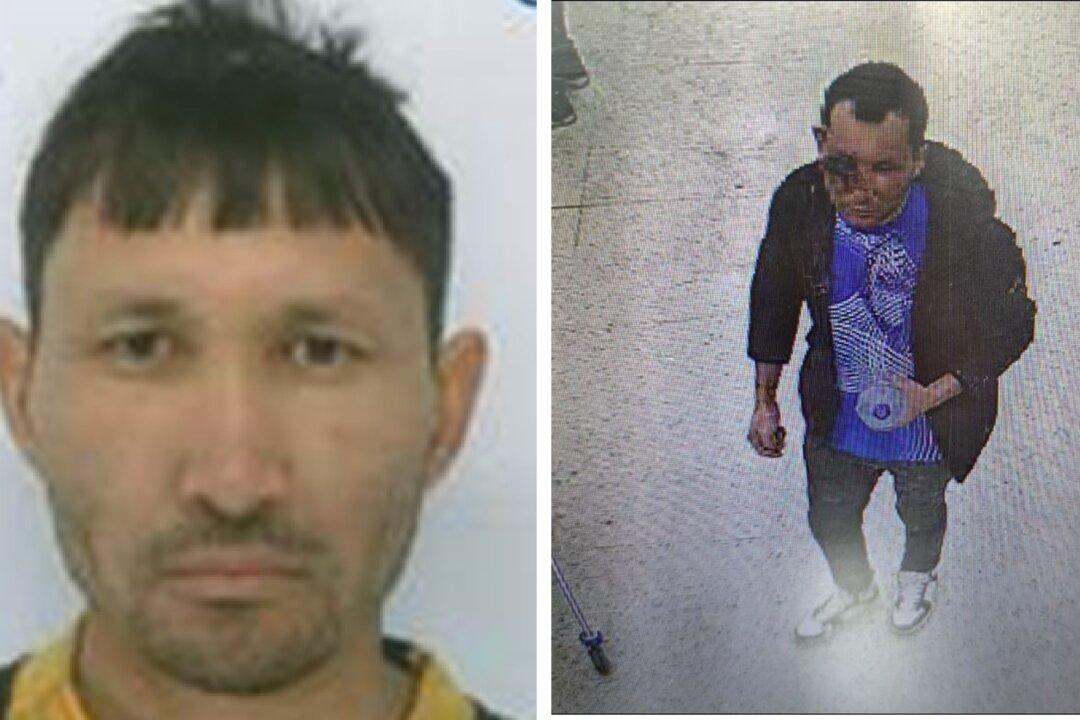Alkali attack suspect Abdul Ezedi has most likely jumped into the River Thames and died, the Metropolitan Police said on Friday.
The force said officers are searching for his body, but it may never be found because of the fast currents of the river.

Alkali attack suspect Abdul Ezedi has most likely jumped into the River Thames and died, the Metropolitan Police said on Friday.
The force said officers are searching for his body, but it may never be found because of the fast currents of the river.